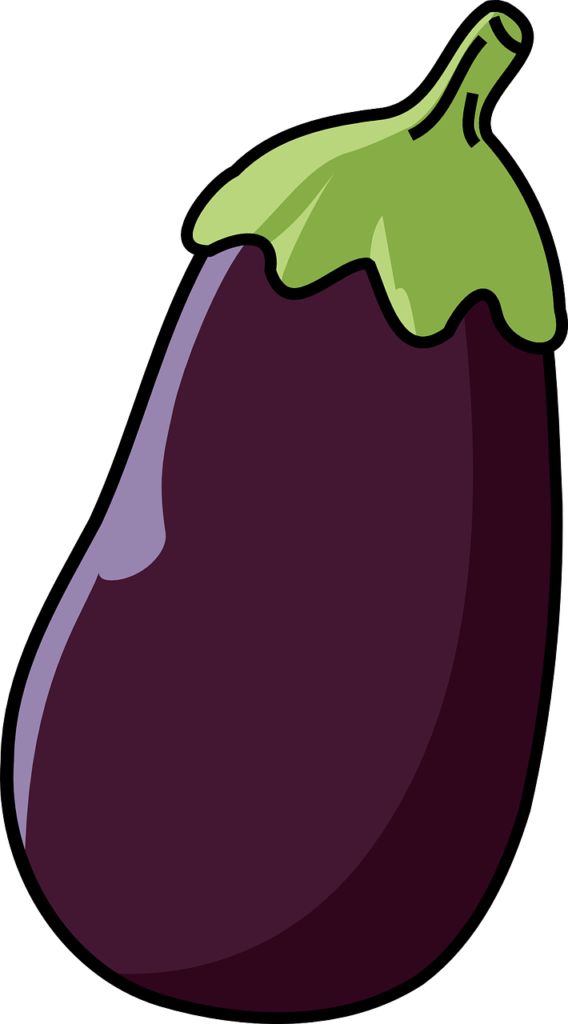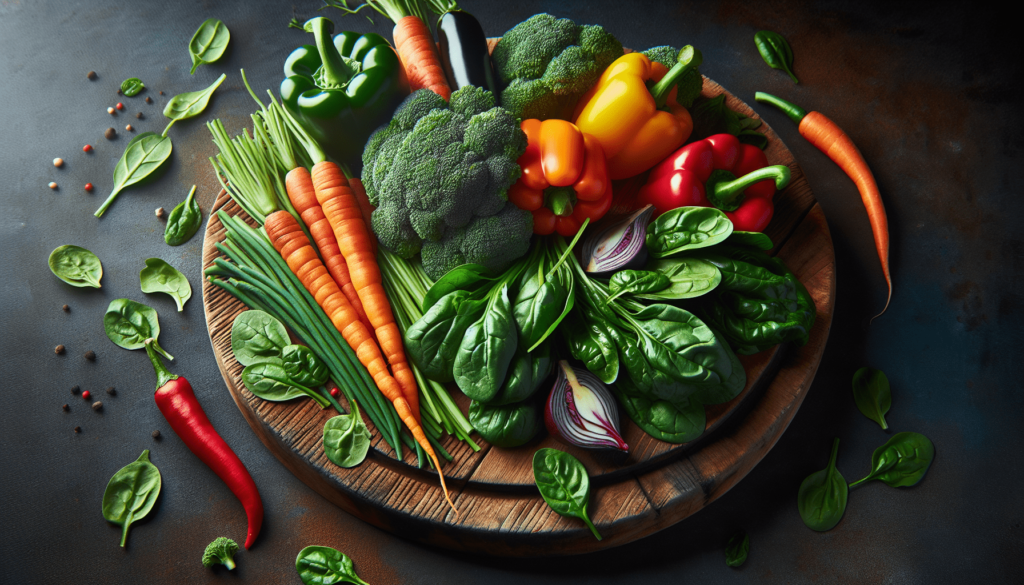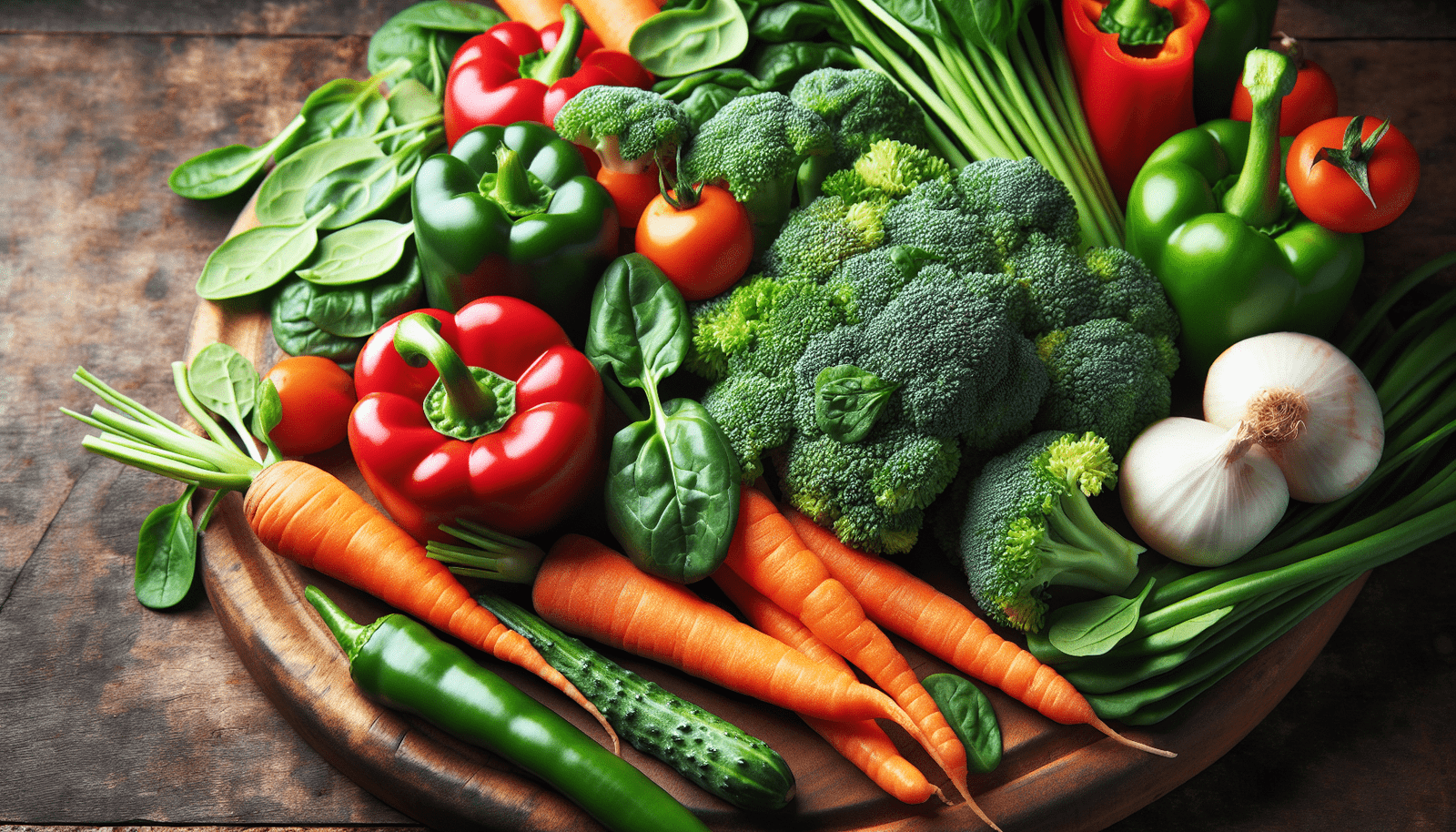Welcome to an insightful article that explores the potential benefits of consuming vegetables in reducing the risk of developing colorectal cancer. Studies have shown that incorporating a variety of vegetables into your diet can have a protective effect against this common type of cancer. By learning more about the impact of vegetables on colorectal health, you can make informed choices to support your overall well-being. So go ahead and pile your plate with colorful veggies to help lower your risk of colorectal cancer! Can Vegetables Help Reduce The Risk Of Developing Colorectal Cancer?
Can vegetables really help reduce the risk of developing colorectal cancer? You may have heard that a diet rich in vegetables is associated with a lower risk of developing certain types of cancer, including colorectal cancer. But is there any truth to this claim? Let’s take a closer look at the research and evidence behind the potential link between vegetables and colorectal cancer.

This image is property of pixabay.com.
What Is Colorectal Cancer?
Colorectal cancer is a type of cancer that begins in the colon or rectum. It is the third most commonly diagnosed cancer in both men and women in the United States. The American Cancer Society estimates that there will be over 100,000 new cases of colon cancer and over 44,000 new cases of rectal cancer in 2021.
Colorectal cancer often begins as a polyp, which is a small growth in the lining of the colon or rectum. Over time, these polyps can become cancerous. Risk factors for colorectal cancer include a family history of the disease, a personal history of inflammatory bowel disease, a diet high in processed meats and red meats, smoking, excessive alcohol consumption, and a sedentary lifestyle.
The Link Between Vegetables and Colorectal Cancer Risk
Studies have shown that a diet rich in vegetables may help reduce the risk of developing colorectal cancer. Vegetables are packed with essential nutrients, vitamins, minerals, and antioxidants that play a crucial role in maintaining the health of the colon and rectum.
Vegetables are high in fiber, which can help promote healthy digestion and regular bowel movements. Fiber also helps to bulk up stool and move it through the colon more quickly, reducing the amount of time that harmful substances are in contact with the lining of the colon.
Additionally, vegetables contain a wide range of phytochemicals, which are natural compounds that have been shown to have anti-inflammatory, antioxidant, and anti-cancer effects. Some phytochemicals found in vegetables may help to protect against DNA damage, inhibit the growth of cancer cells, and promote the repair of damaged cells.
The Importance of Eating a Variety of Vegetables
When it comes to reducing the risk of colorectal cancer, it’s important to eat a wide variety of vegetables. Different vegetables contain different combinations of nutrients and phytochemicals, so by eating a diverse range of vegetables, you can maximize the potential cancer-fighting benefits.
Some vegetables that have been specifically linked to a reduced risk of colorectal cancer include cruciferous vegetables like broccoli, cauliflower, cabbage, and Brussels sprouts. These vegetables contain compounds that have been shown to help detoxify carcinogens, reduce inflammation, and inhibit the growth of cancer cells.
Dark leafy greens like kale, spinach, and Swiss chard are also excellent choices for reducing colorectal cancer risk. These vegetables are rich in vitamins A, C, and K, as well as folate, which have been shown to have protective effects against colon cancer.
How Many Vegetables Should You Be Eating?
The American Institute for Cancer Research recommends filling at least two-thirds of your plate with vegetables, fruits, whole grains, and beans at each meal. This guideline is based on the research showing that a plant-based diet rich in these foods can help reduce the risk of many types of cancer, including colorectal cancer.
Aim to eat at least 2.5 to 3 cups of vegetables per day, including a variety of colors and types. One serving of vegetables is equal to 1 cup of raw vegetables or 1/2 cup of cooked, non-starchy vegetables. Try to include a mix of leafy greens, cruciferous vegetables, root vegetables, and colorful vegetables like peppers, tomatoes, and carrots in your diet.

This image is property of pixabay.com.
Cooking Vegetables for Maximum Health Benefits
How you cook your vegetables can also impact their potential cancer-fighting benefits. Steaming, boiling, and microwaving vegetables are all healthy cooking methods that help to preserve the nutrients in the vegetables.
Avoid frying vegetables in oil or cooking them at high temperatures for prolonged periods, as this can lead to the formation of harmful compounds that may increase the risk of cancer. Grilling and charbroiling vegetables at high heat can also create carcinogenic compounds that are best avoided.
Try to eat a mix of raw and cooked vegetables to maximize the benefits of each. Raw vegetables are higher in certain nutrients like vitamin C and certain enzymes that may have protective effects against cancer. Cooking certain vegetables can also increase the availability of certain nutrients and antioxidants that are better absorbed by the body when cooked.
Vegetables Vs. Processed Meats and Red Meats
In addition to increasing your vegetable intake, it’s crucial to minimize your consumption of processed meats and red meats, which have been linked to an increased risk of colorectal cancer. Processed meats like bacon, hot dogs, sausage, and deli meats are particularly concerning due to their high levels of sodium, nitrates, and preservatives.
The World Health Organization has classified processed meats as a Group 1 carcinogen, meaning that there is sufficient evidence to conclude that processed meats can cause colorectal cancer. Red meats like beef, pork, and lamb have also been classified as probable carcinogens.
Instead of relying on processed and red meats for protein, try to incorporate more plant-based protein sources like beans, lentils, tofu, tempeh, and edamame into your diet. These plant-based protein sources are high in fiber, vitamins, and minerals while being lower in saturated fat and cholesterol compared to animal-based proteins.

This image is property of pixabay.com.
Beyond Vegetables: Other Lifestyle Factors That Can Reduce Colorectal Cancer Risk
While vegetables play an essential role in reducing the risk of colorectal cancer, there are other lifestyle factors that can also make a difference. Here are some additional steps you can take to lower your risk of developing colorectal cancer:
Maintain a Healthy Weight:
Being overweight or obese is a significant risk factor for colorectal cancer. Excess body fat, especially around the waist, can increase inflammation in the body and alter hormone levels, both of which can promote the growth of cancer cells.
Exercise Regularly:
Physical activity has been shown to reduce the risk of colorectal cancer by helping to maintain a healthy weight, improve digestion, and reduce inflammation in the body. Aim for at least 150 minutes of moderate-intensity exercise per week, such as brisk walking, cycling, swimming, or dancing.
Limit Alcohol Consumption:
Excessive alcohol consumption, particularly more than two drinks per day for men and one drink per day for women, has been linked to an increased risk of colorectal cancer. If you choose to drink alcohol, do so in moderation and consider opting for red wine, which contains antioxidants that may have protective effects against cancer.
Quit Smoking:
Smoking is a well-established risk factor for many types of cancer, including colorectal cancer. If you smoke, quitting can significantly reduce your risk of developing colorectal cancer, as well as a host of other health conditions.
Get Screened Regularly:
Regular screening tests for colorectal cancer, such as colonoscopies, fecal occult blood tests, and sigmoidoscopies, can help detect precancerous polyps or early-stage colorectal cancer when treatment is most effective. Talk to your healthcare provider about when you should begin screening and how often you should be tested based on your personal risk factors.
Conclusion
In conclusion, vegetables play a crucial role in reducing the risk of developing colorectal cancer. By incorporating a variety of colorful vegetables into your diet, you can benefit from the cancer-fighting nutrients, vitamins, minerals, and antioxidants they contain.
Remember to aim for at least 2.5 to 3 cups of vegetables per day, fill two-thirds of your plate with plant-based foods at each meal, and cook your vegetables using healthy methods to maximize their health benefits. In addition to eating more vegetables, maintaining a healthy weight, exercising regularly, limiting alcohol consumption, quitting smoking, and getting screened regularly for colorectal cancer are all important steps you can take to lower your risk and protect your health.


